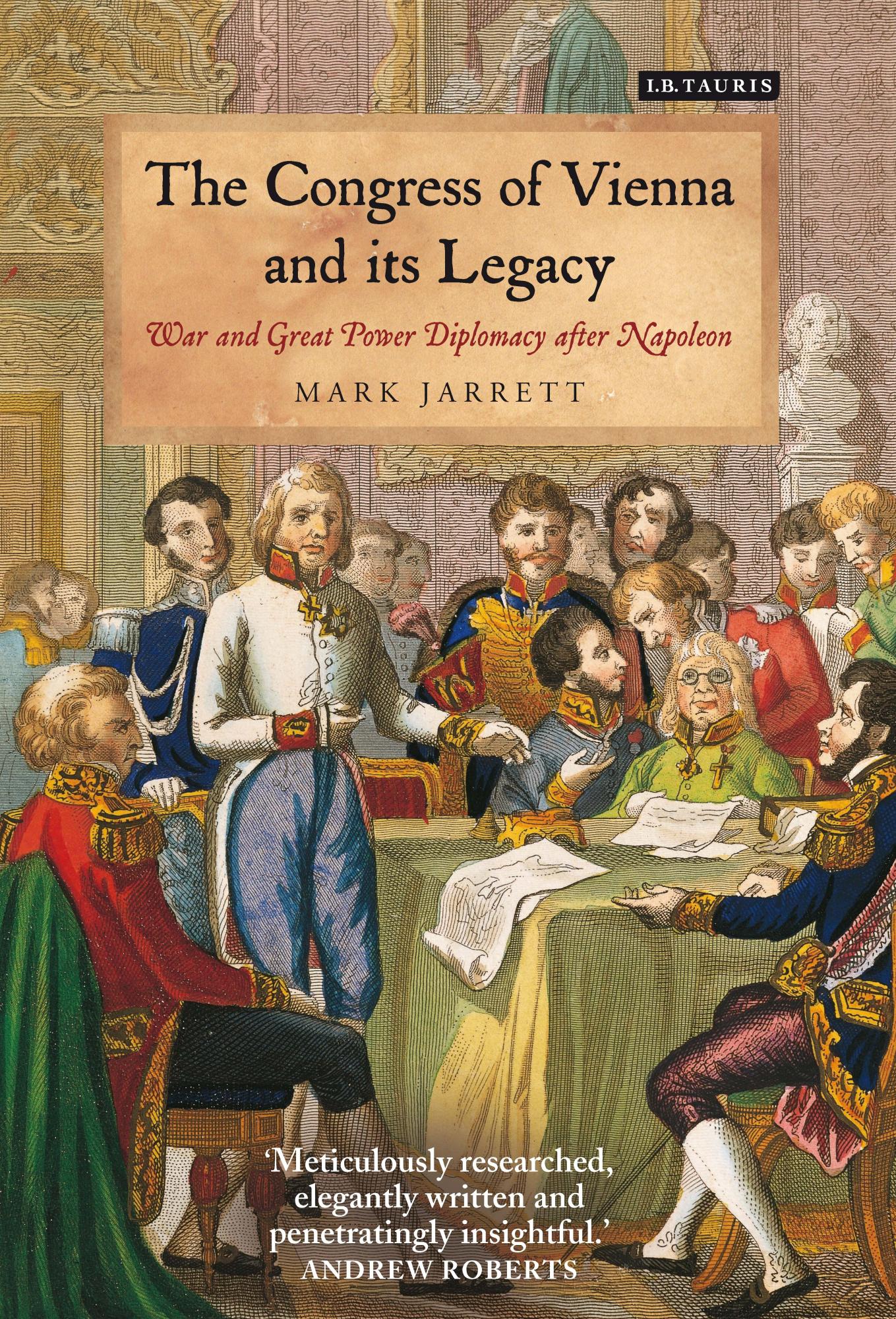

#Congress vienna free
Krakow became a free city state under the protection of Russia, Austria and In Poland, Russia received the greater part of the grand duchy of Warsaw which was to be made into a separate kingdom of Poland.Hanover became a kingdom and received East Frisia and Hildesheim.

Bavaria received Rhenish Bavaria, extending from the Prussian territory on the Rhine to Alsace, including the city of.Each state was to be independent in internal affairs, but war between the individual states was forbidden and the consent of the Confederacy was necessary for foreign The Diet consisted of the Ordinary Assembly sitting permanently at Frankfurt and a General Assembly. A Diet was established under the Presidency of Austria, to which states were to send delegates. The number of German states was reduced from over 300 to 39. By the act of Confederation, signed 8 June 1815, and supplemented by the final act of Vienna,, a German Confederacy was set up to replace the old Holy Roman Empire.In Germany, Austria received the Tyrol and Salzburg.In Poland, Austria kept eastern Galicia, with Krakow made a free city.In Italy, Austria received Venetia, Lombardy and Milan, the Illyrian provinces (Carinthia, Carniola and Trieste), Dalmatia, and the seaport of Cattaro (now the kingdoms lllyria and.
 In Poland, Prussia retained the territory gained in the previous partitions, the province of Posen, and the cities of Danzig and. Prussia also received Swedish Pomerania and the King of Prussia was recognised as Prince of In Germany, Prussia received half of Saxony, the Grand Duchy of Berg, part of the Duchy of Westphalia, and territory on the left bank of the Rhine between Elken and Coblenz, including Cologne, Tr�ves, and Aix-la-Chapelle. Mauritius, Tobago and Santa Lucia from France. the protectorate of the Ionian Isles (the latter by a treaty signed 5 November. The main provisions of the Congress were: the restored monarchies were troubled by nationalist reformers wantingĪlthough interrupted by the �Hundred Days� and troubled by rivalries, the CongressĪchieved a settlement which remained in force in much of central and eastern Europe. 1848 Liberal Nationalist revolutions throughout Europe. (1812-27) was determined not to allow reform in Britain Majority of conflicts in the Nineteenth Century, between and within ignored demands for greater democracy and nationalism this led to the. Heads of Europe and paid little heed to either of these forces The French Revolution had liberated new forces of democracy and Were working within their knowledge and did not have second sight to foretell Was perhaps rather short-sighted and regressive although the policy-makers adopted a policy to restore the status quo ante bellum - a return to 1793 as far as possible. was still generous to the defeated France, so as not to give rise to. included France, as represented by Talleyrand. (the Crimean War, 1854-6) and then until 1914 gave a balanced settlement which ensured no major conflict for forty years. adopted a fair policy of no great rewards and no great punishments. The Elector of Hesse, the Grand Duke of Baden and the dukes of Saxe-Weimar,īrunswick and Coburg, attended in person. Kings of Prussia, Denmark, Bavaria and W�rttemberg and many German princes including AlmostĮvery state in Europe was represented. Of Europe met at Vienna to settle the future boundaries of the continent. As agreed at the first Treaty of Paris in 1814, a congress of the Great Powers
In Poland, Prussia retained the territory gained in the previous partitions, the province of Posen, and the cities of Danzig and. Prussia also received Swedish Pomerania and the King of Prussia was recognised as Prince of In Germany, Prussia received half of Saxony, the Grand Duchy of Berg, part of the Duchy of Westphalia, and territory on the left bank of the Rhine between Elken and Coblenz, including Cologne, Tr�ves, and Aix-la-Chapelle. Mauritius, Tobago and Santa Lucia from France. the protectorate of the Ionian Isles (the latter by a treaty signed 5 November. The main provisions of the Congress were: the restored monarchies were troubled by nationalist reformers wantingĪlthough interrupted by the �Hundred Days� and troubled by rivalries, the CongressĪchieved a settlement which remained in force in much of central and eastern Europe. 1848 Liberal Nationalist revolutions throughout Europe. (1812-27) was determined not to allow reform in Britain Majority of conflicts in the Nineteenth Century, between and within ignored demands for greater democracy and nationalism this led to the. Heads of Europe and paid little heed to either of these forces The French Revolution had liberated new forces of democracy and Were working within their knowledge and did not have second sight to foretell Was perhaps rather short-sighted and regressive although the policy-makers adopted a policy to restore the status quo ante bellum - a return to 1793 as far as possible. was still generous to the defeated France, so as not to give rise to. included France, as represented by Talleyrand. (the Crimean War, 1854-6) and then until 1914 gave a balanced settlement which ensured no major conflict for forty years. adopted a fair policy of no great rewards and no great punishments. The Elector of Hesse, the Grand Duke of Baden and the dukes of Saxe-Weimar,īrunswick and Coburg, attended in person. Kings of Prussia, Denmark, Bavaria and W�rttemberg and many German princes including AlmostĮvery state in Europe was represented. Of Europe met at Vienna to settle the future boundaries of the continent. As agreed at the first Treaty of Paris in 1814, a congress of the Great Powers







 0 kommentar(er)
0 kommentar(er)
